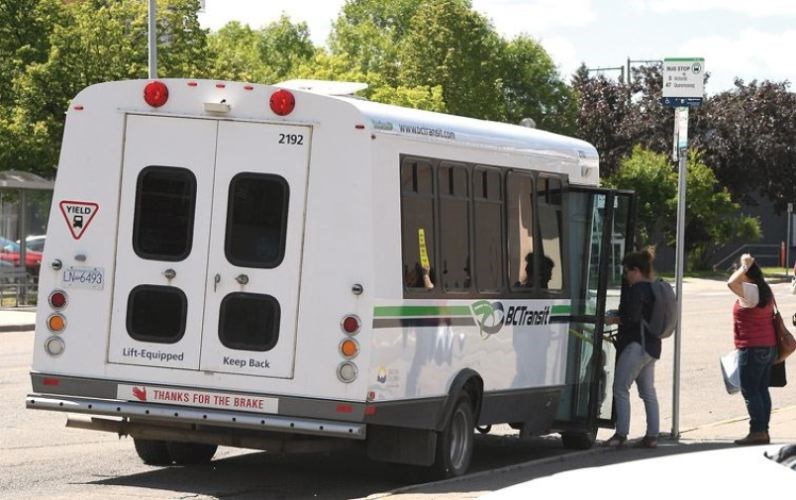Finding efficiencies in duplicated northern bus services remains under discussion for B.C.'s Ministry of Transportation and Infrastructure and Northern Health, Minister Claire Trevena says.
"We continue to talk with Northern Health to ensure we are being cost effective," Trevena said. "We don't want to duplicate services."
A Glacier Media investigation published May 1 found B.C. taxpayers have paid more than $31 million since 2012 to subsidize almost-daily northern bus services by a private company on runs Greyhound ran at market costs but abandoned last year partly due to subsidized competition.
It was the Northern Health Connections (NHC) service run by the health authority since 2007 that Greyhound cited as an example of unfair, taxpayer-subsidized competition when it abandoned its western Canadian services in 2018. Greyhound said NHC fares for routes significantly undercut its own.
Between 2012 and 2018, Diversified Transportation, a subsidiary of Calgary-based Pacific Western Transportation, which operates both BC Bus North and NHC, received $21.3 million from Northern Health, vendor payment documents show.
Greyhound said subsidies to NHC covered 80 per cent to 90 per cent of fare costs, competition Greyhound cited as unfair.
Greyhound's final one-way fare from Prince Rupert to Vancouver was $213 compared with the $40 NHC currently charges. NHC riders are supposed to present valid medical certificates for travel.
The province pumped $2 million into BC Bus North last June at Trevena's direction to have an interim solution between Greyhound's departure and the establishment of a full service.
The provincially funded BC Bus North partially duplicates or fills gaps in the NHC service.
Health authority spokesman Steve Raper said while the two services cater to different passengers, work is underway to optimize the two.
"The idea is that you're not going to have the buses operating at the same times," he said.
Raper explained that the health bus operates to dovetail with the health system and to get patients to appointments during office hours. He said the service tries to keep overnight medical trips to a minimum.
Raper said routing has also changed as services become available in different communities. He said it was once the case that anyone needing an MRI in the north would need to travel to Prince George. With that technology now available in Fort St. John and terrace, travel needs have shifted.
"It really is built around the medical system," Raper said.
He said work continues to extend the health bus services to those over 60.
"It helps keep seniors healthy longer in their hones and out of hospital," he said.
Both services run from Prince Rupert to Prince George and Prince George to Fort Nelson. The NHC service also runs into Vancouver with stops along the route.
Pacific Western director of business development John Stepovy said the two services are different, and that there is potential for BC Transit and Northern Health to work the services together.
Raper supports the idea of Diversified finding efficiencies to make both services better.
"I know BC Bus does use our call centre," Raper said. "The feedback we're getting on that is fantastic."
Trevena said northern transportation is important as many people don't have any options to cover large distances. She said getting people to where they receive medical care is vital.
"We're a very vast province," she said.



